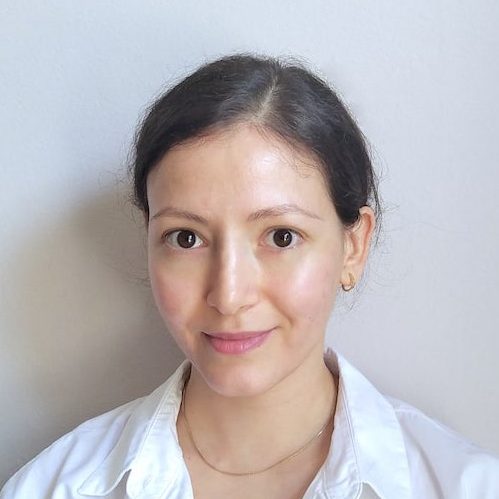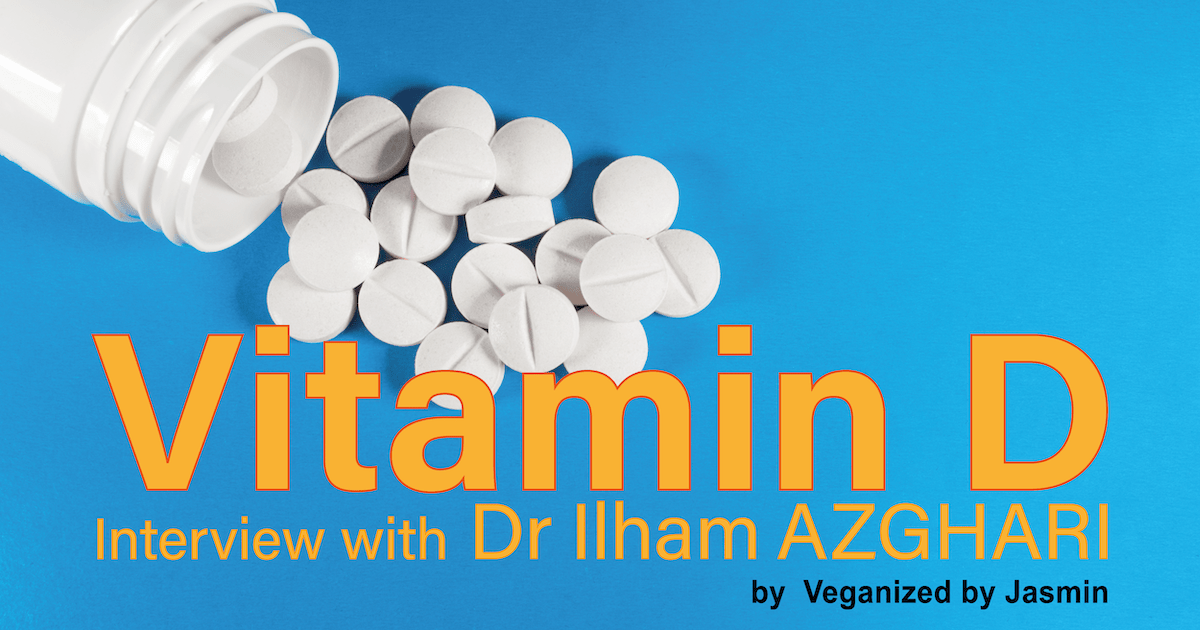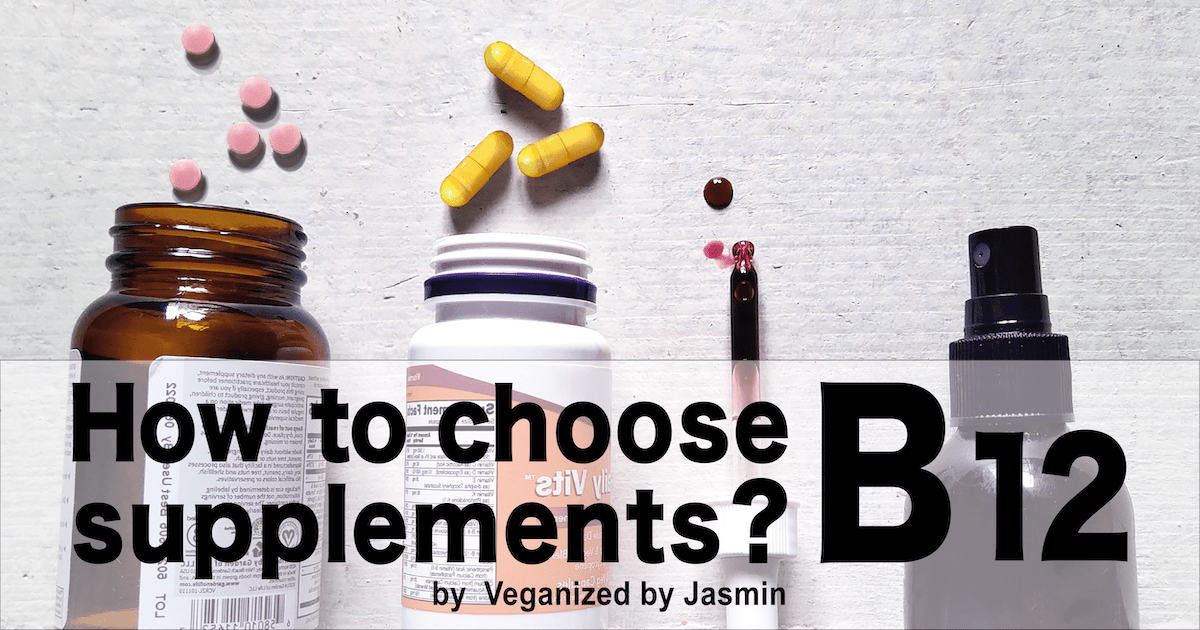Vitamin D
Interview with Dr Ilham AZGHARI

By Jasmin

Disclaimer: Dr Ilham Azghari is in no way sponsored nor sponsoring any products, has no financial interest, nor does she promotes any specific diet. Dr. Ilham Azghari shares her professional honest scientific opinion based on her studies, experience and ethics as a medical professional.

I am Dr Ilham Azghari, specialist in hepato-gastroenterology and medical nutrition, I practice my profession in my specialized clinic in Rabat (Hay Riad), I was trained at the Faculties of Medicine of Rabat and Amiens with an additional diploma in medical nutrition given my passion and interest in the subject and the close link with gastroenterology.
Dr Ilham Azghari,Hépato-gastroentérologue, Cabinet de gastroentérologie, nutrition médicale et proctologie Angle Av Annakhil et rue Arrayhane, rés. Les Palmiers2, N 4, Hay Riad, Rabat. Tel: 0537564064 Email: drazghari.gastro@gmail.com
Dr Ilham AZGHARI: Yes it is finally available in libraries (refer to my FB page for more details)
Dr Ilham AZGHARI: Vitamin D (also referred to as “calciferol”) is a molecule that is part of the fat-soluble vitamins (soluble in lipids).
Dr Ilham AZGHARI: Vitamin yes, and also a hormone, because the biochemical definition of each item is different and one that not exclude the other.
Dr Ilham AZGHARI: Vitamin D has many roles in the body. Such as bone mineralisation, muscle tone, calcium absorption, as well as DNA production and repair processes.
Dr Ilham AZGHARI: Vitamin D is indeed synthesised by the body from a metabolite of cholesterol. It goes through several processes in order to complete its synthesis and activation: first the skin under the effect of ultraviolet rays, next the liver and then the kidney.
Dr Ilham AZGHARI: Yes the human body does store vitamin D in the form of one of its metabolites, 25(OH) vitamin D. It is stored in the adipocytes (which are cells that primarily compose adipose tissue, specialised in storing energy as fat), liver, and muscle cells as well.
Dr Ilham AZGHARI: Liver, salmon, tuna, egg, milk, and of course cod liver oil which is renowned for its high vitamin D content.
Dr Ilham AZGHARI: Yes, vitamin D2 is found in plants including certain fungi and yeast.
Dr Ilham AZGHARI: The recommended daily allowance of Vitamin D has long been debated over the years between the various health authorities, about the age of the individual, it ranges from 200 to 800 IU of vitamin D3 per day. This debate has been sparked in particular, because even if such needs are largely covered by food consumption, vitamin D deficiency is still widespread throughout the population.
| Age | Male | Female | Pregnancy / Lactation |
|---|---|---|---|
| 0 – 12 months | 400 IU (10 mcg) | 400 IU (10 mcg) | – |
| 1 -1 3 years | 600 IU (15 mcg) | 600 IU (15 mcg) | – |
| 14 -1 8 years | 600 IU (15 mcg) | 600 IU (15 mcg) | 600 IU (15 mcg) |
| 19 – 50 years | 600 IU (15 mcg) | 600 IU (15 mcg) | 600 IU (15 mcg) |
| 51 – 70 years | 600 IU (15 mcg) | 600 IU (15 mcg) | – |
| > 70 years | 800 IU (20 mcg) | 800 IU (20 mcg) | – |
Dr Ilham AZGHARI: Fortification and supplementation of vitamin D have become recommended, because, even though we synthesis vitamin D, the conditions for its metabolization and its activation are not optimal for everyone. And also because of certain childhood diseases such as rickets or osteomalacia for adults which are both caused by a vitamin D deficiency. [rickets and osteomalacia are diseases that cause the bones to be soft and therefore break, wrap and bend more easily]
Dr Ilham AZGHARI: Vitamin D deficiency is a global issue according to the actual statistic of vitamin D deficiency and insufficiency. The symptoms range from simple chronic fatigue to bone demineralization. The main causes of vitamin D are: insufficient exposure to the sun, or an insufficient cholesterol (whichever the cause). You should note that some populations are more at risk than others: an infant still breastfeeding, the elderly, and people with a lifestyle where sun exposure is very limited.
Dr Ilham AZGHARI: After multiple pregnancies and breastfeeding episodes, the woman’s body draws on its vitamin D reserves to nourish her fetus, which may explain this predisposition.
Dr Ilham AZGHARI: The blood test measures the storage level of vitamin D, which is in the form of 25 (OH) vitamin D.
Dr Ilham AZGHARI: There are 3 states when it comes to blood test for vitamin D levels (ng/ml):
- normal: between 30 ng/ml and 150 ng/ml
- non sufficient: between 10 ng/ml and 30 ng/ml.
- deficient: when it’s below 10 ng/ml
If the vitamin D level is more than 150 ng/ml it potentially toxic.
| Vitamin D status | Level of 25(OH)D |
|---|---|
| Toxicity | > 150 ng/ml |
| Sufficiency (normal) | < 30 ng/ml - 150 ng/ml < |
| Insufficiency | < 10 ng/ml - 30 ng/ml < |
| Deficiency | < 10 ng/ml |
Dr Ilham AZGHARI: Vitamin D exists in several forms indeed. Although both D2 and D3 play the same role in the body, their chemical construction, their absorption and their stability are different. Furthermore, Vitamin D2 is mainly present in plants, while vitamin D3 is more of an animal source, and it is this form that is synthesised in the skin.
Dr Ilham AZGHARI: I still haven’t done a proper research about this so I can’t comment on this information.
Dr Ilham AZGHARI: Since it is better absorbed, vitamin D3 supplementation has been shown superior in raising vitamin D levels in the body.
Dr Ilham AZGHARI: Vitamine D should be prescribed and not randomly taken because it can lead to toxicity if the amount taken is higher than recommended. The amount prescribed varies according to the state of the deficiency.
Dr Ilham AZGHARI: It is not safe to give vitamin D to children without prescription.
Dr Ilham AZGHARI: My pleasure. Thank you for having me.
References:
2- Dr Michael Klapper – Vitamin D – My Recommendation For Vegan Vitamin D2 & Vitamin D3: https://www.doctorklaper.com/hsep, https://youtu.be/LjKxk4A7SBQ


















